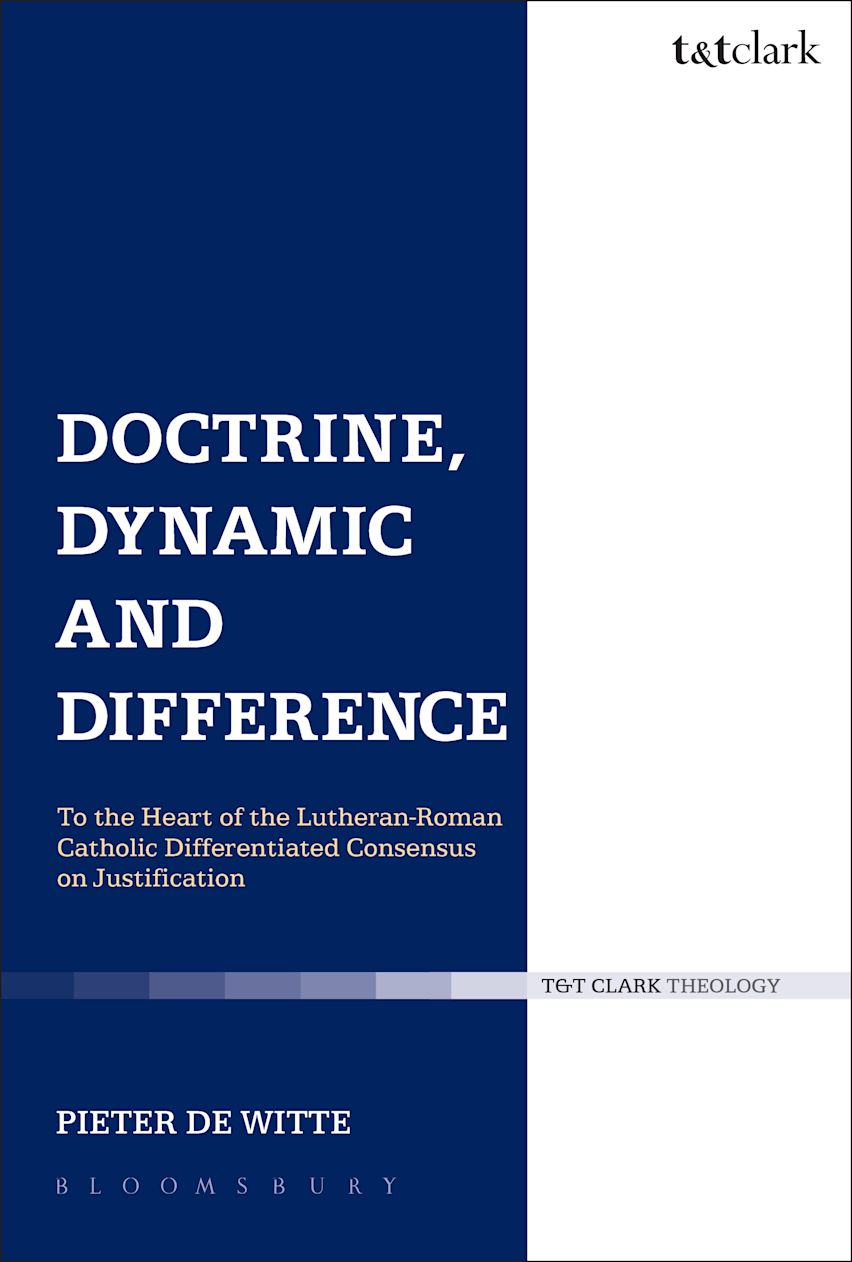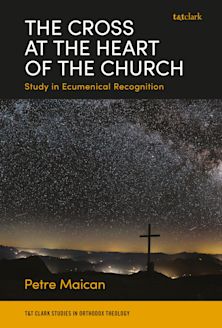Doctrine, Dynamic and Difference
To the Heart of the Lutheran-Roman Catholic Differentiated Consensus on Justification
Doctrine, Dynamic and Difference
To the Heart of the Lutheran-Roman Catholic Differentiated Consensus on Justification
You must sign in to add this item to your wishlist. Please sign in or create an account
Description
One of the most divisive issues in Western Christianity since the Reformation is the question of how humans are justified by God. In 1999, after many decades of ecumenical dialogue, Lutherans and Roman Catholics have declared that this issue of 'justification by faith' is no longer a cause of division between them. One of the fascinating features of this Joint Declaration on the Doctrine of Justification (JDDJ) is that it expresses a 'differentiated consensus' on justification.
The method of differentiated consensus is generally regarded as an important methodological step forward in the ecumenical dialogue. It has been used and referred to in ecumenical documents published after 1999. But what are its meaning and implications? This study attempts to clarify the method of differentiated consensus by (1) investigating the process of doctrinal rapprochement which led up to the JDDJ, (2) examining the way the consensus takes shape in the document itself, (3) analyzing arguments offered by critics and advocates of the official dialogue and (4) reflecting on the concept of doctrinal difference.
Table of Contents
2. The Joint Declaration on Justification: Basis Issues
3. Reception of Theological Advances
4. The Reception of Previous Dialogue Results
5. The Joint Declaration: A Textual Analysis
6. Conclusion
Product details
| Published | 29 Mar 2012 |
|---|---|
| Format | Ebook (Epub & Mobi) |
| Edition | 1st |
| Extent | 272 |
| ISBN | 9780567098504 |
| Imprint | T&T Clark |
| Series | Ecclesiological Investigations |
| Publisher | Bloomsbury Publishing |
About the contributors
Reviews
-
'The Joint Declaration on the Doctrine of Justification is a major ecumenical agreement whose theological rationale requires rigorous exploration for the future of Lutheran-Roman Catholic dialogue. In an exemplary manner Dr. De Witte offers such an examination which will contribute significantly to the ongoing debate about the Joint Declaration. Anyone interested in the contemporary church will discover this work to be indispensable, even if not everyone will concur with all of its conclusions. It is a highly important piece of scholarship.' - William G. Rusch, Yale Divinity School, USA
William G. Rusch
-
This detailed, critical treatment of the Joint Declaration on the Doctrine of Justification raises several tantalizing issues ... It stands as a major academic treatment, clearly written, of an historic agreement and an essential resource for anyone making a scholarly study and evaluation of the Joint Declaration on the Doctrine of Justification.
Paul Avis, University of Exeter, UK, Theologische Literatrzeitung

ONLINE RESOURCES
Bloomsbury Collections
This book is available on Bloomsbury Collections where your library has access.


































